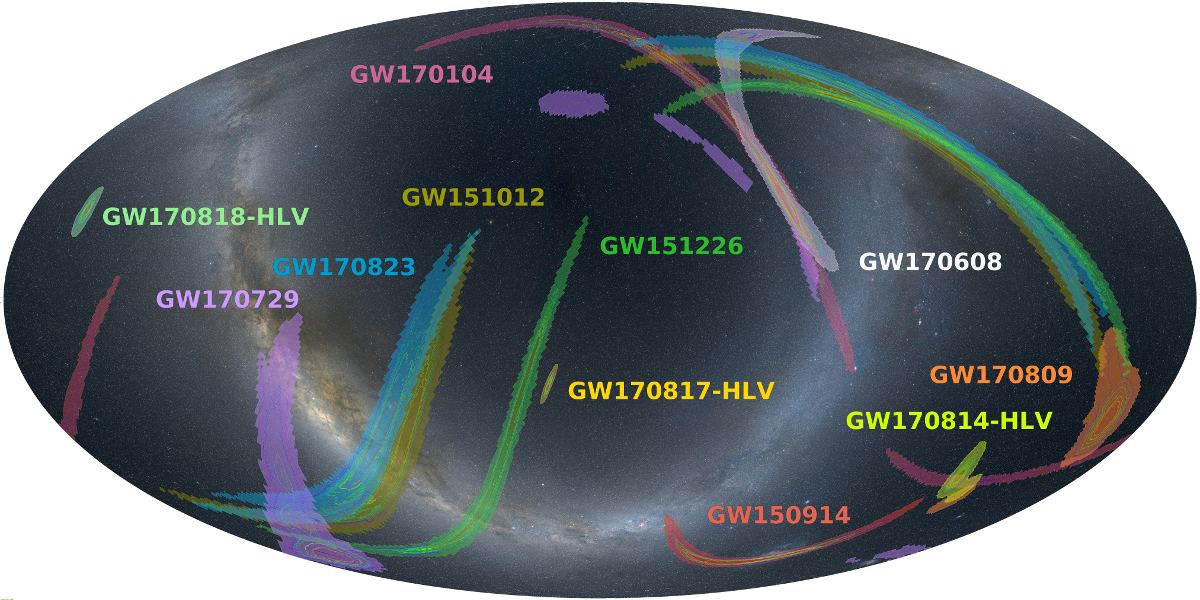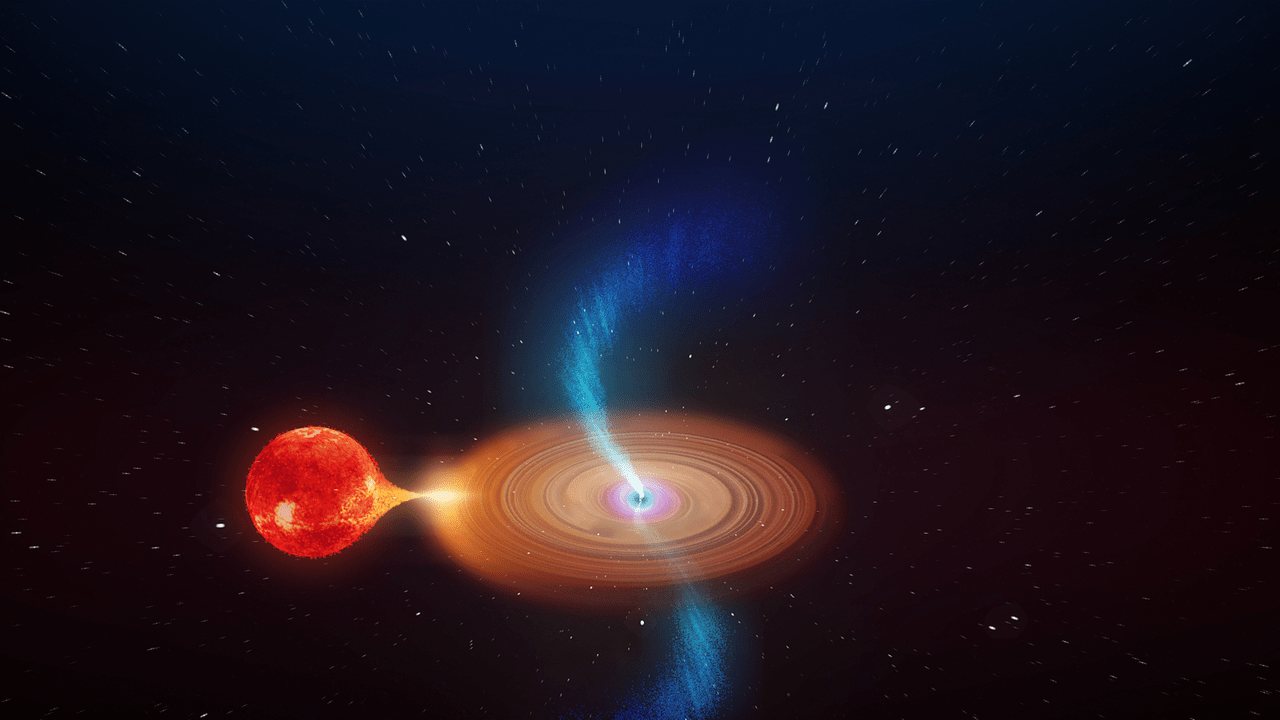A new signal detected by LIGO/Virgo may be the so-called ‘holy grail’ of astrophysics: the merger of a neutron star and a black hole. They’ve discovered pairs of black holes merging, and pairs of neutron stars merging, but until now, not a neutron star-black hole pair.
Continue reading “It Looks Like LIGO/Virgo Have Detected a Black Hole Eating a Neutron Star. For the First Time Ever”The World’s Space Agencies are Responding to a Hypothetical Asteroid Impact. You Can Watch it all Unfold Online.
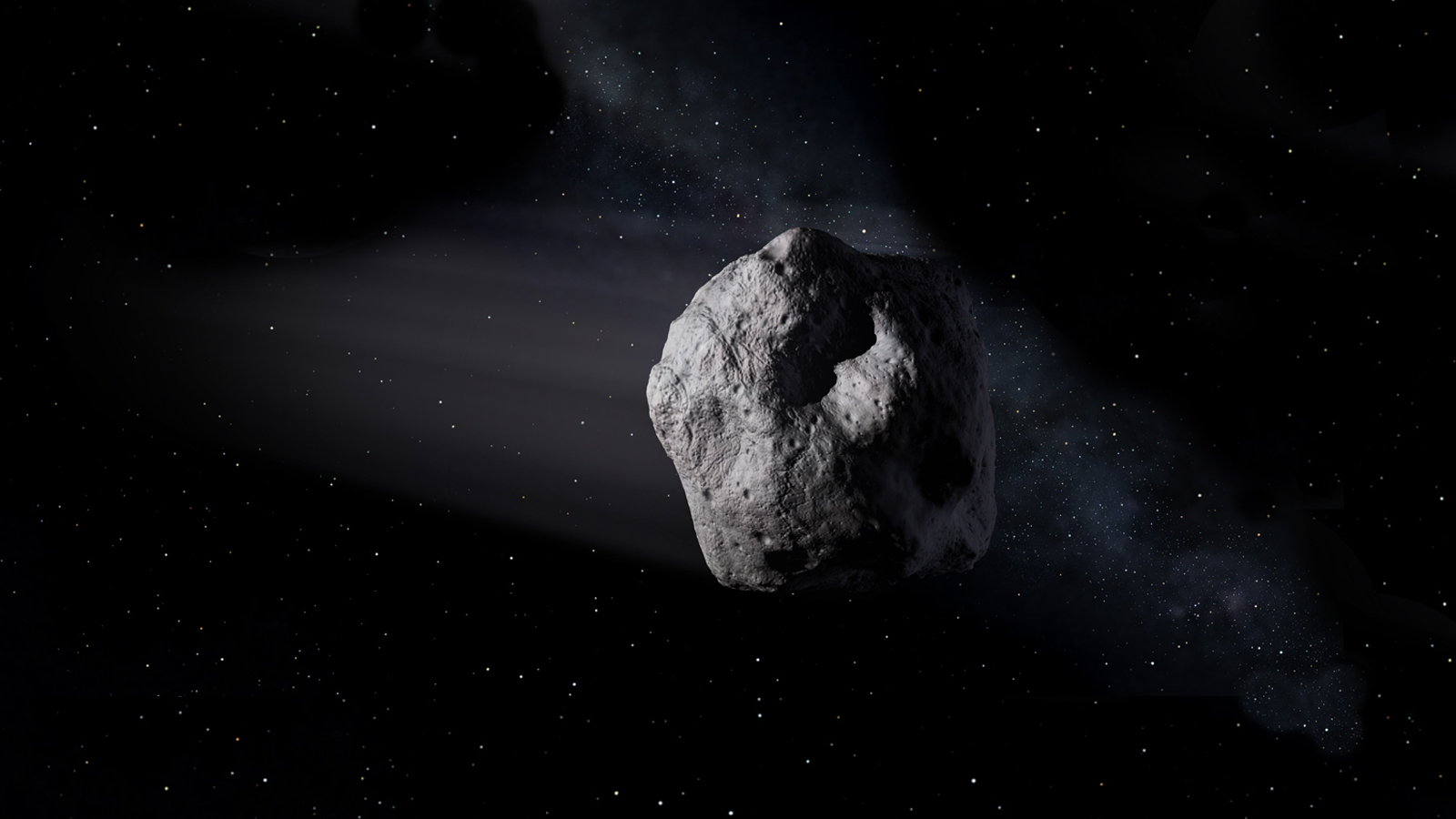
Remember when Orson Welles’ 1938 radio show called “The War of the Worlds” fooled people into thinking that Earth was actually being invaded? That was fun.
Now, the ESA (European Space Agency) is tempting fate by live-tweeting the hypothetical approach of the hypothetical asteroid 2019PDC and hypothetically planning a hypothetical response to this hypothetically destructive asteroid. In their hypothetical scenario, 2019 PDC has a 1 in 10 chance of striking Earth in 2029. And you can follow the action on Twitter.
Continue reading “The World’s Space Agencies are Responding to a Hypothetical Asteroid Impact. You Can Watch it all Unfold Online.”A Strange Ice Feature Wraps Halfway Around Titan
For people interested in all things beyond Earth, the words methane and Titan go hand in hand. After all, Titan is the only other world in our Solar System where liquid flows over the surface. While trying to understand Titan’s methane cycle, scientists have discovered something else: a bizarre methane ice feature that wraps halfway around Saturn’s largest moon.
Continue reading “A Strange Ice Feature Wraps Halfway Around Titan”Rapidly Spinning Black Hole is Spitting Out Blobs of Plasma
Black holes, those beguiling singularities that sit on the precipice of the known and the unknown, keep surprising us with their behaviour. As organizations like the Event Horizon Telescope have made clear, there’s a lot we don’t know about the holes, and worse than that, we don’t even know how much we don’t know.
Now scientists have observed a new phenomenon that adds to the black hole mystique: a rapidly spinning black hole that ejects massive blobs of plasma.
Continue reading “Rapidly Spinning Black Hole is Spitting Out Blobs of Plasma”The First Molecule that was Possible in the Universe has been Seen in Space
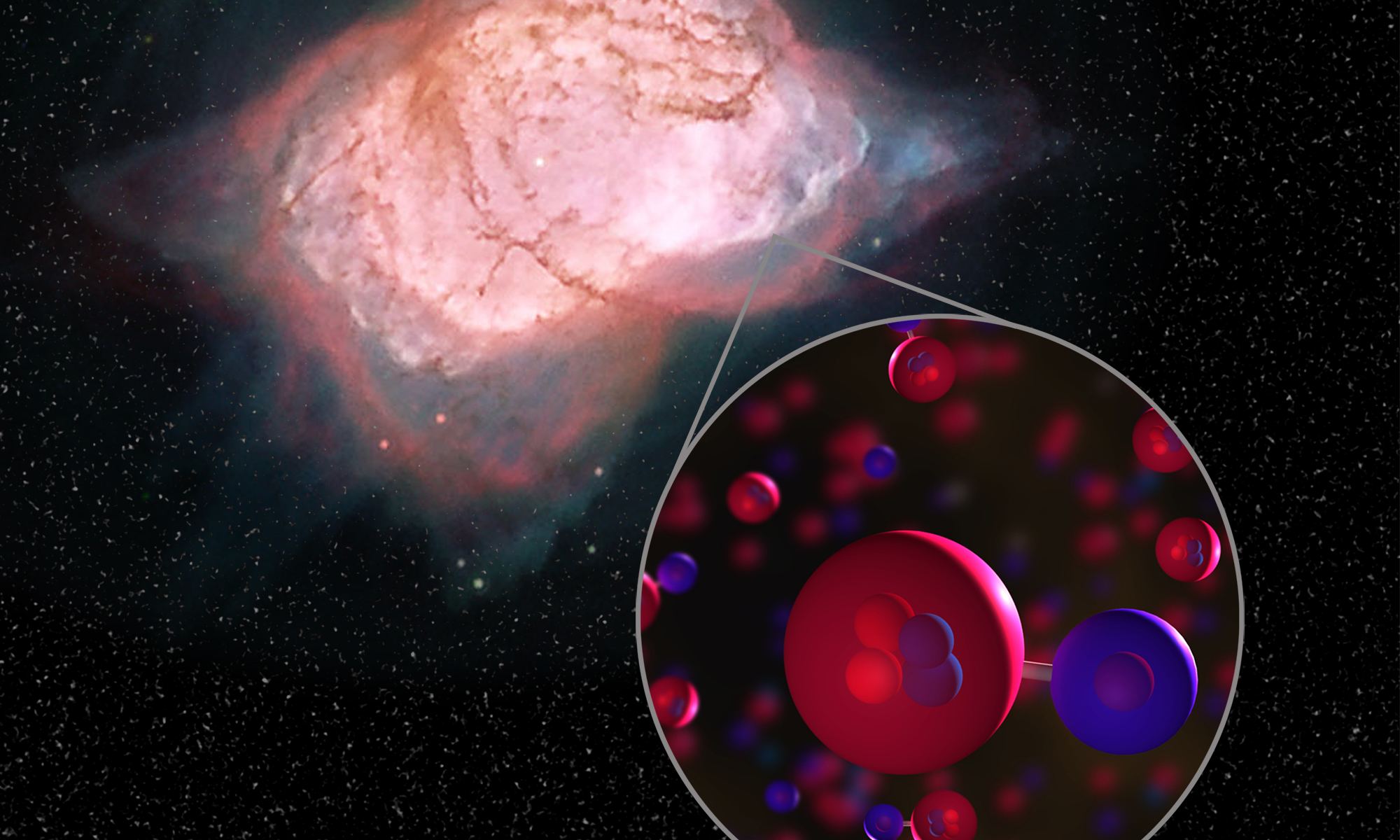
It takes a rich and diverse set of complex molecules for things like stars, galaxies, planets and lifeforms like us to exist. But before humans and all the complex molecules we’re made of could exist, there had to be that first primordial molecule that started a long chain of chemical events that led to everything you see around you today.
Though it’s been long theorized to exist, the lack of observational evidence for that molecule was problematic for scientists. Now they’ve found it and those scientists can rest easy. Their predictive theory wins!
Continue reading “The First Molecule that was Possible in the Universe has been Seen in Space”Methane-Filled Lakes on Titan are “Surprisingly Deep”

The Cassini mission to Saturn and its moons wrapped up in 2017, when the spacecraft was sent plunging into the gas giant to meet its end. But there’s still a lot of data from the mission to keep scientists busy. A team of scientists working with Cassini data have made a surprising discovery: Titan’s methane-filled lakes are much deeper, and weirder, than expected.
Continue reading “Methane-Filled Lakes on Titan are “Surprisingly Deep””TESS Just Found its First Earth-Sized World

NASA’s new planet-hunting telescope, TESS (Transiting Exoplanet Survey Satellite), just found its first Earth-sized world. Though the Earth-sized planet, and its hot sub-Neptune companion, were first observed by TESS in January 2019, it’s taken until now to confirm their status with ground-based follow-up observations. The discovery is published in The Astrophysical Journal Letters.
Continue reading “TESS Just Found its First Earth-Sized World”Astronomers Find a Chunk of a Comet Inside a Meteorite
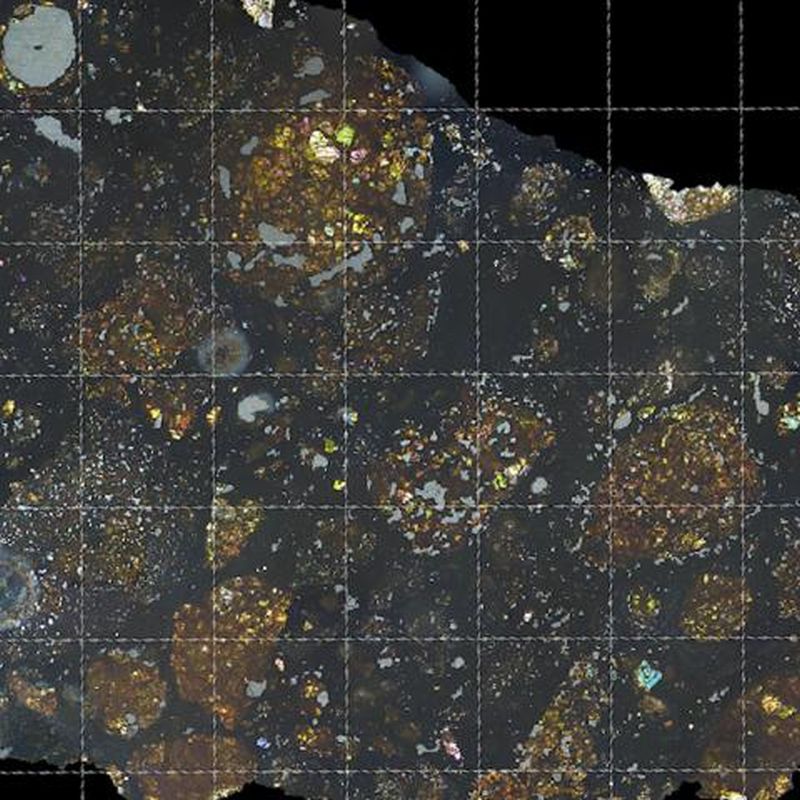
The early days of the Solar System are hard to piece together from our vantage point, billions of years after it happened. Now a team of scientists have found a tiny chunk of an ancient comet inside an ancient meteorite. They say it sheds light on the early days of the Solar System when planets were still forming.
Continue reading “Astronomers Find a Chunk of a Comet Inside a Meteorite”Despite the Crash, SpaceIL is Going Back to the Moon with Beresheet 2
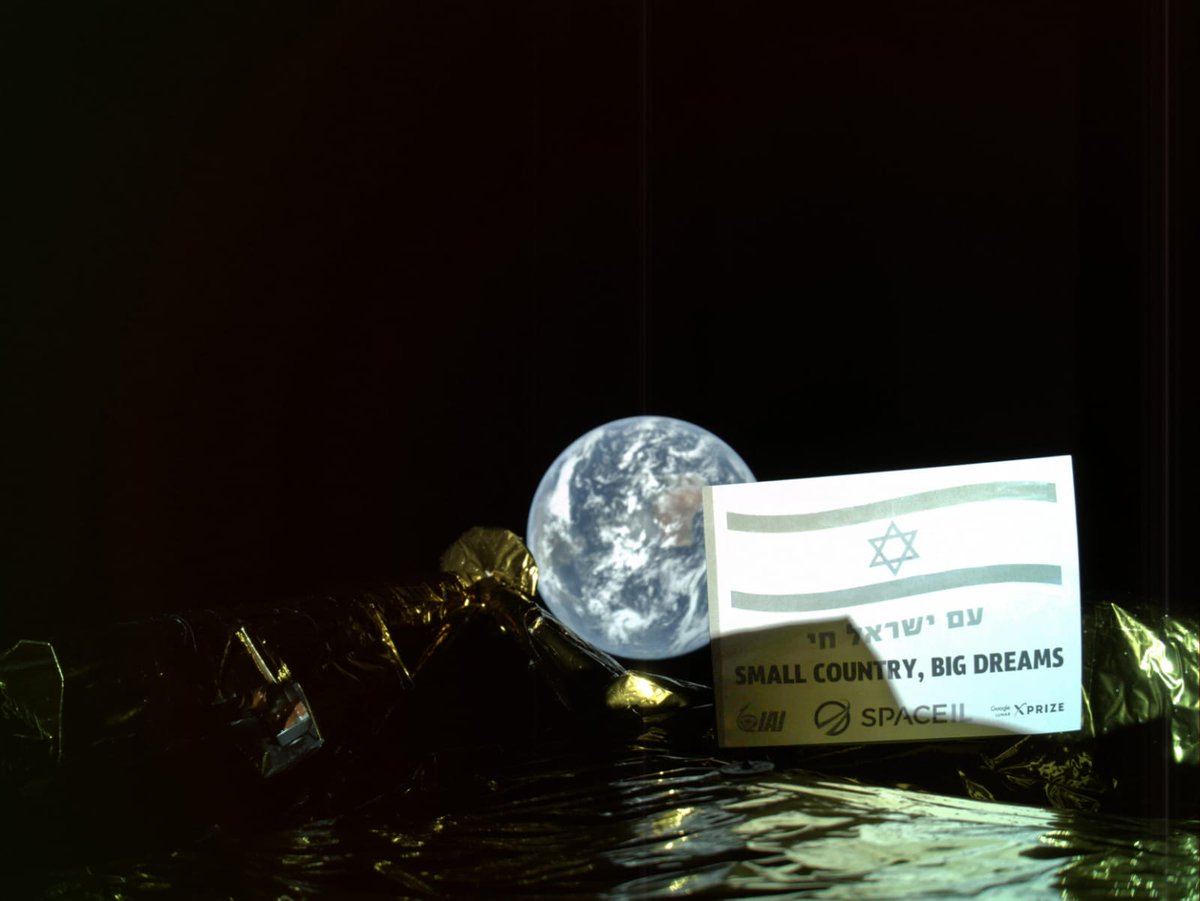
Beresheet, the unlikely lander built with donations to a non-profit group, crashed into the Moon. But that doesn’t mean it wasn’t a historic accomplishment in its own way. Now SpaceIL, the non-profit behind Beresheet, wants to send another lander to the Moon.
Continue reading “Despite the Crash, SpaceIL is Going Back to the Moon with Beresheet 2”Curiosity has Finally Sampled a Clay-Rich Region on Mars
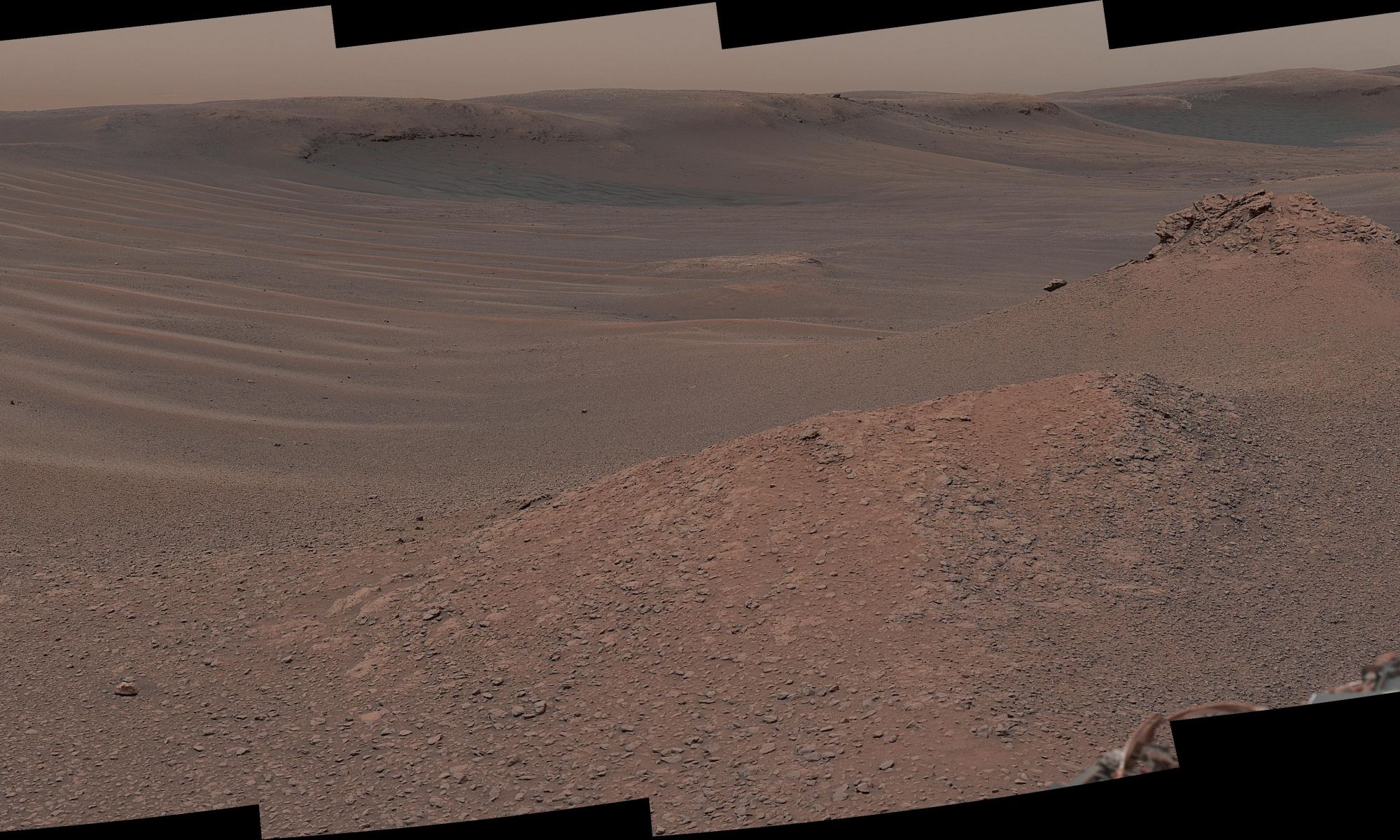
It’s hard to believe that MSL Curiosity has been on Mars for almost seven years. But it has, and during that time, the rover has explored Gale Crater and Mt. Sharp, the central peak inside the crater. And while it has used its drill multiple times to take rock samples, this is the first sample it’s gathered from the so-called ‘clay unit.’
Continue reading “Curiosity has Finally Sampled a Clay-Rich Region on Mars”
